Filter by
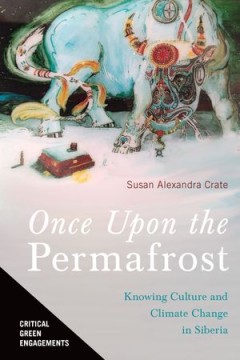
Once Upon the Permafrost
Once Upon the Permafrost is a longitudinal climate ethnography about “knowing” a specific culture and the ecosystem that culture physically and spiritually depends on in the twenty-first-century context of climate change. The author, anthropologist Susan Alexandra Crate, has spent three decades working with Sakha, the Turkic-speaking horse and cattle agropastoralists of northeastern Siberia…
- Edition
- -
- ISBN/ISSN
- 9780816541546
- Collation
- -
- Series Title
- -
- Call Number
- -
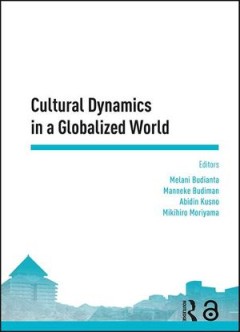
Cultural Dynamics in a Globalized World: Proceedings of the Asia-Pacific Rese…
The book contains essays on current issues in arts and humanities in which peoples and cultures compete as well as collaborate in globalizing the world while maintaining their uniqueness as viewed from cross- and interdisciplinary perspectives. The book covers areas such as literature, cultural studies, archaeology, philosophy, history, language studies, information and literacy studies, and ar…
- Edition
- -
- ISBN/ISSN
- 9781315225340
- Collation
- -
- Series Title
- -
- Call Number
- 808.84 CUL c
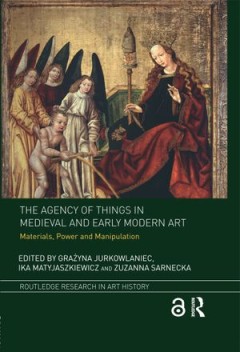
The Agency of Things in Medieval and Early Modern Art: Materials, Power and M…
This volume explores the late medieval and early modern periods from the perspective of objects. While the agency of things has been studied in anthropology and archaeology, it is an innovative approach for art historical investigations. Each contributor takes as a point of departure active things: objects that were collected, exchanged, held in hand, carried on a body, assembled, cared for or …
- Edition
- -
- ISBN/ISSN
- 9781351681490
- Collation
- -
- Series Title
- -
- Call Number
- 709.02 AGE a
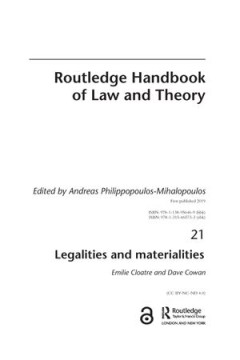
21 Legalities and materialities
This chapter reflects on what materiality-inflected methodologies1 can bring to an anthropology of law, and to legal studies more generally. Its starting point is an increasing attention across the social sciences and humanities for objects, and thinking beyond the human. These have often, but not only, emerged from science and technology studies (STS), to which we pay particular attention. How…
- Edition
- -
- ISBN/ISSN
- 9781138956469
- Collation
- -
- Series Title
- -
- Call Number
- -
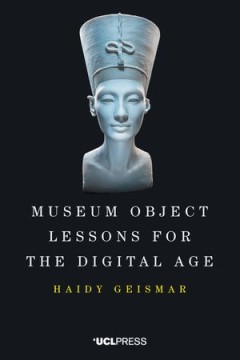
Museum Object Lessons for the Digital Age
Museum Object Lessons for the Digital Age explores the nature of digital objects in museums, asking us to question our assumptions about the material, social and political foundations of digital practices. Through four wide-ranging chapters, each focused on a single object – a box, pen, effigy and cloak – this short, accessible book explores the legacies of earlier museum practices of colle…
- Edition
- -
- ISBN/ISSN
- 9781787352810
- Collation
- -
- Series Title
- -
- Call Number
- 708
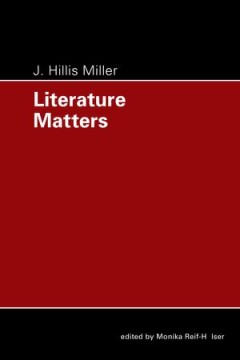
Literature Matters
This new collection of J. Hillis Miller’s essays centres on the question “why and to what end should we read, teach, and spend our time with literary and/or cultural studies?” At a time when electronic media seem to dominate the market completely, and jobs follow the money flows into electronic and technical fields, literary and cultural studies might appear as a decorative addenda but no…
- Edition
- -
- ISBN/ISSN
- 9781785420344
- Collation
- -
- Series Title
- -
- Call Number
- 301
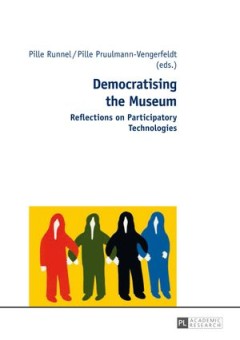
Democratising the Museum: Reflections on Participatory Technologies
Democratising the museum is a collection of articles reflecting upon the problem of how participation, technologically mediated or not, can support the museum in the process of becoming more accessible. The open museum shares power with its visitors while negotiating professionalism and the role of the museum in a modern society. The book looks at the roles and struggles of audiences/visitors a…
- Edition
- -
- ISBN/ISSN
- 9783653039726
- Collation
- -
- Series Title
- -
- Call Number
- 708 DEM d
 Computer Science, Information & General Works
Computer Science, Information & General Works  Philosophy & Psychology
Philosophy & Psychology  Religion
Religion  Social Sciences
Social Sciences  Language
Language  Pure Science
Pure Science  Applied Sciences
Applied Sciences  Art & Recreation
Art & Recreation  Literature
Literature  History & Geography
History & Geography